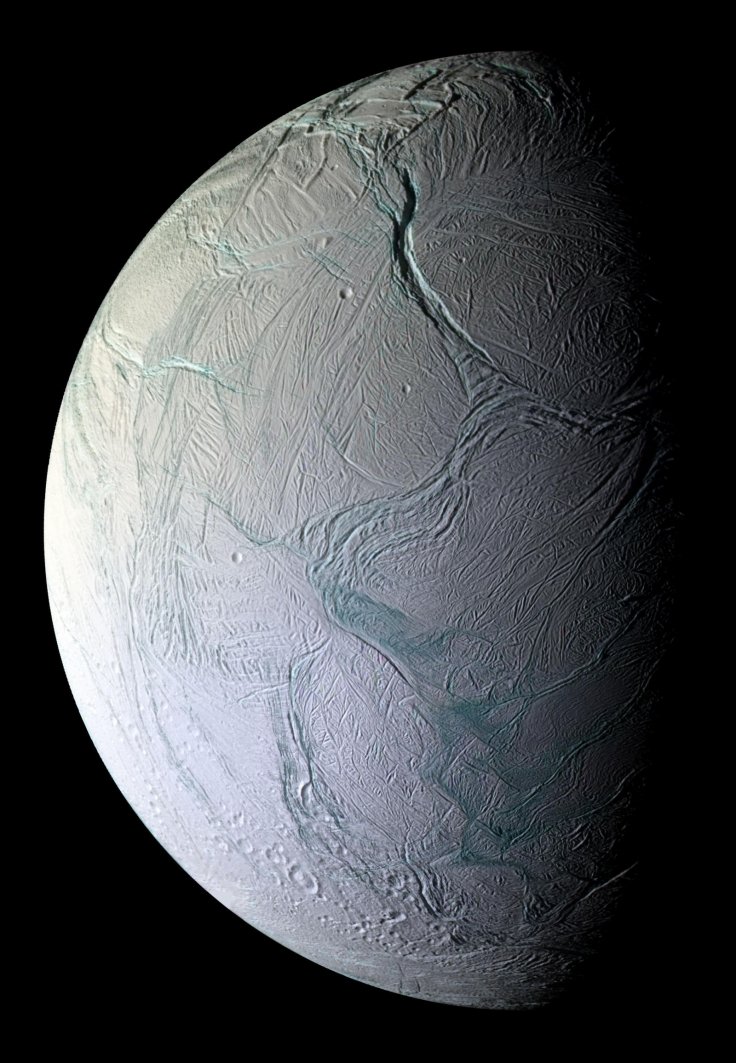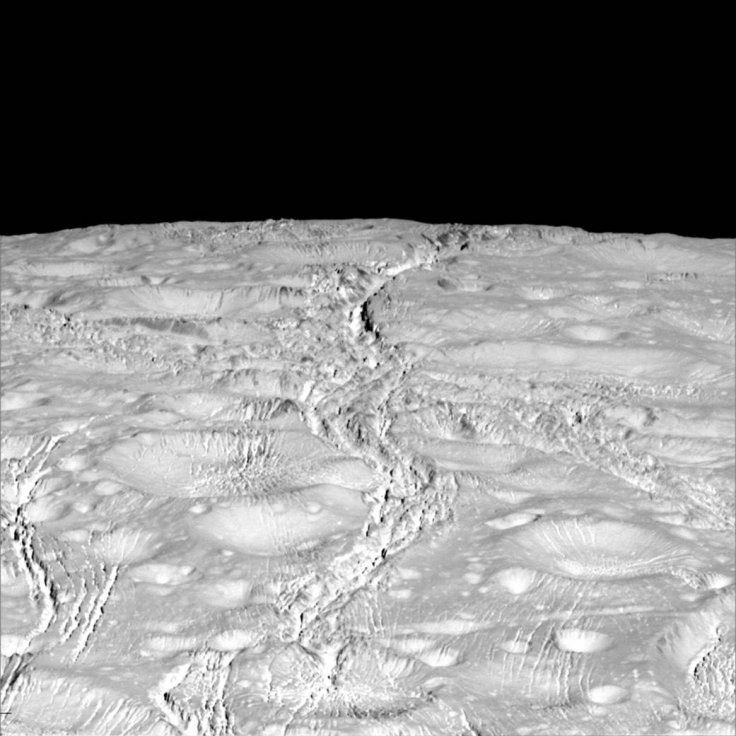For scientists, NASA should focus on sending a mission to explore Saturn's moon Enceladus due to its unique conditions. Out of the other moons of Saturn, scientists believe that Enceladus has the best conditions to host alien life.
One of NASA's future missions involves sending a robotic probe to explore Titan, which is the largest moon of Saturn. Although this mission will provide valuable information regarding the moon, scientists believe that it will be more advantageous for NASA to explore Enceladus instead of Titan.
Enceladus' Subsurface Oceans

Out of Saturn's 82 moons, Enceladus stands out among the scientific community due to its unique composition. Previous studies on the moon revealed that it is rich in salt particles and has a composition that's almost entirely composed of oceans. Data on the moon has revealed that its icy crust is hiding vast oceans of liquid water.
Aside from the oceans below its surface, water from the moon is also known to reach space in the form of vapour and plumes. During NASA's Cassini mission, the spacecraft discovered that Enceladus' icy surface occasionally emits plumes into space. These plumes contain materials from its subsurface oceans.
Enceladus' Habitable Environment

According to scientists, Enceladus' unique composition makes it the deal target for an alien-hunting mission. They believe that the moon's liquid waters have the right condition to support alien microbial life.
"Enceladus is the only confirmed current habitable environment beyond Earth, it's the only world meeting the canonical requirements for habitability," planetary scientist Amanda Hendrix of the Planetary Science Institute said during a previous conference according to Space.com.
Collecting Samples From Space
Furthermore, since Enceladus is known to spit subsurface material into space, NASA will no longer have to develop new landers and probes to explore the planet's surface to collect samples. Instead, could use a robotic spacecraft to collect samples from the plumes emitted by the natural satellite.
These samples can then be analyzed to identify traces of alien life. "The next step is to search for signatures of life in the Enceladus ocean materials, and Enceladus makes it easy because it ejects its ocean material into space," Hendrix noted. For Hendrix, thoroughly investigating Enceladus through a mission can provide valuable information on other planets and moons that are also filled with oceans.









